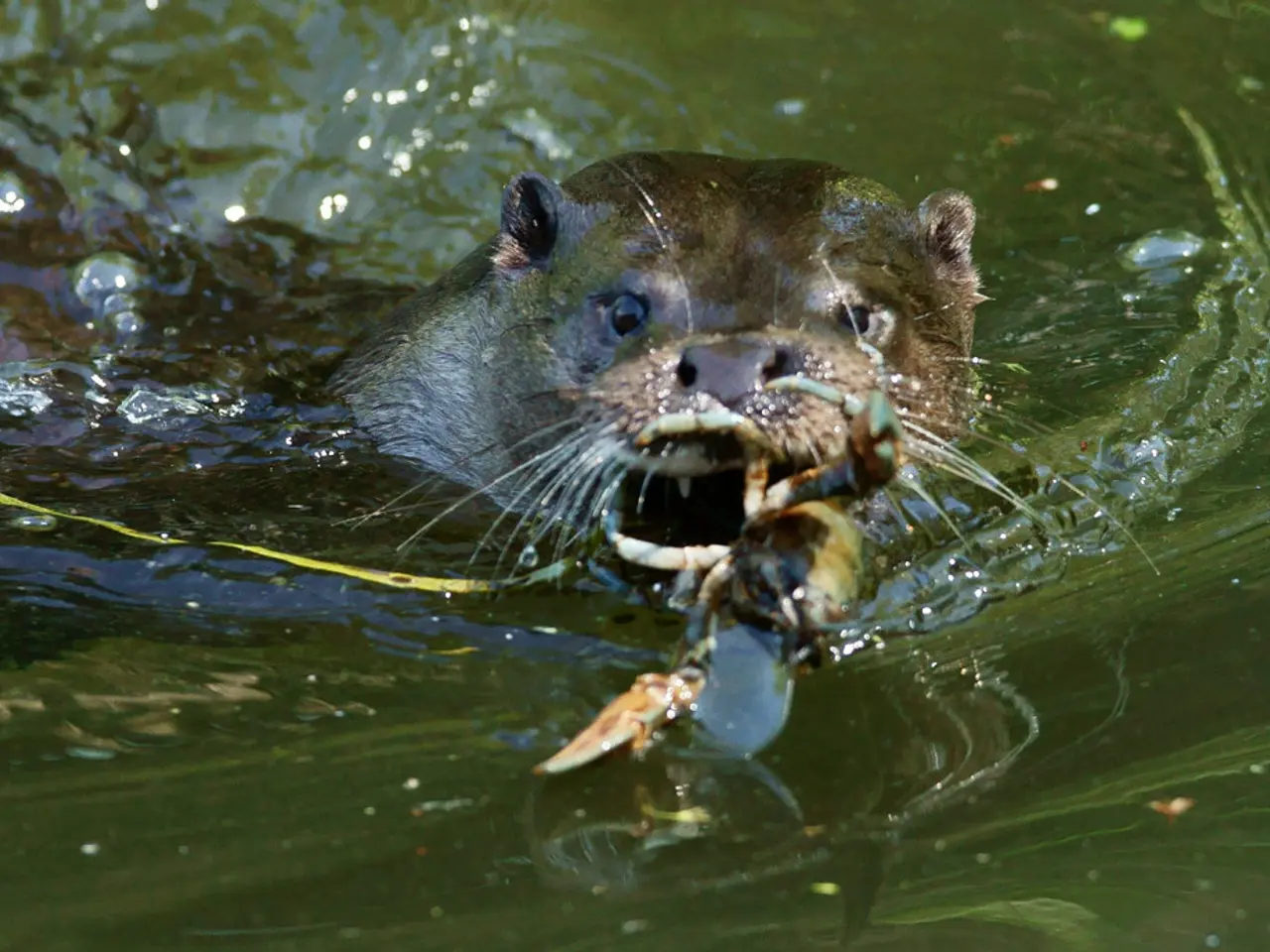Crustacean Intelligence: Exploring the Cognitive Abilities of Crabs
In a fascinating turn of events, it has been discovered that crabs, long considered simple creatures, possess a surprising capacity for learning, memory, and problem-solving. These findings challenge earlier assumptions about the cognitive abilities of crabs and reveal a more nuanced reality.
Learning and Memory
Crabs have shown the ability to learn and remember information, a trait previously thought to be exclusive to more complex organisms. They can navigate mazes, solve simple problems to obtain food, and associate specific colors or patterns with rewards or punishments. This associative learning allows them to remember these learned associations for extended periods, with some species exhibiting memory retention for days or even weeks after the initial learning phase.
Problem-Solving Abilities
One of the most intriguing discoveries is that crabs demonstrate a basic form of cost-benefit evaluation. For instance, hermit crabs have been observed making decisions that weigh the pain of electric shock against the safety and comfort of their shells. This suggests a rudimentary form of decision-making comparable in principle to basic cost-benefit analyses found in humans, indicating a level of behavioral sophistication.
Comparison with Other Invertebrates and Vertebrates
Compared to other invertebrates and vertebrates, crabs' problem-solving abilities are more basic, often restricted to immediate survival decisions rather than abstract reasoning or future planning. For example, cephalopods like octopuses demonstrate advanced problem-solving and learning capabilities, often considered among the highest for invertebrates. On the other hand, cockroaches and sea cucumbers exhibit notable adaptability and regenerative abilities, which relate to survival strategies but are less directly linked to problem-solving cognition per se.
Implications for Welfare and Conservation
Given the evidence suggesting that crabs are capable of experiencing pain and suffering, it's important to consider their welfare in various contexts, including fishing, aquaculture, and scientific research. Implementing humane handling and slaughter practices is crucial to ensure the well-being of these creatures.
Social Intelligence
Crabs communicate using a variety of signals and respond to social cues, demonstrating social intelligence. They coordinate their behavior, establish social hierarchies, and respond to changes in their environment. The habitat a crab occupies can influence its cognitive development, with crabs that live in complex environments requiring more advanced cognitive abilities.
Differences among Species
There are likely differences in intelligence among different crab species, with species that live in more challenging environments or engage in more complex social interactions having evolved greater cognitive abilities. The order Decapoda, which includes crabs, lobsters, shrimp, and prawns, is a focus for studies investigating invertebrate intelligence.
In essence, hermit crabs demonstrate problem-solving through a basic form of cost-benefit evaluation, a significant but limited cognitive ability among invertebrates, less advanced than seen in cephalopods or higher vertebrates. These findings not only challenge our understanding of crabs but also expand our appreciation for the diversity of cognitive abilities within the invertebrate kingdom.
- The learning and memory capabilities of crabs, despite being considered simple creatures, are significantly more advanced than previously thought, enabling them to navigate mazes, solve simple problems, and remember associations for extended periods.
- Surprisingly, crabs show a rudimentary form of decision-making, as demonstrated by the hermit crabs weighing the pain of electric shock against the safety and comfort of their shells, akin to basic cost-benefit analyses found in humans.
- While the problem-solving abilities of crabs are more basic compared to other vertebrates, they are far more complex than those of other invertebrates like cockroaches and sea cucumbers, pointing towards a level of behavioral sophistication.
- Given the evolving understanding of crabs' cognitive abilities and their capacity to experience pain, it's essential to consider their welfare in farming, fishing, and scientific research, and implement humane handling and slaughter practices for their well-being.





